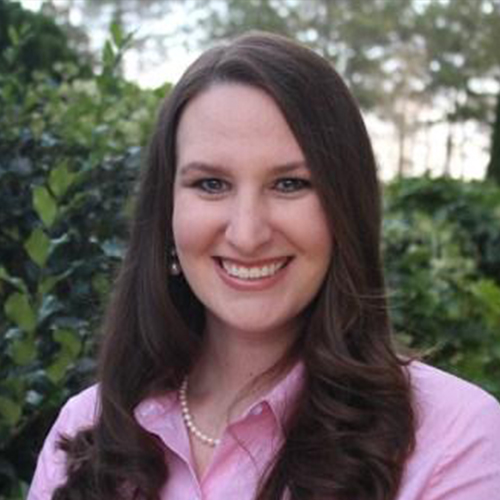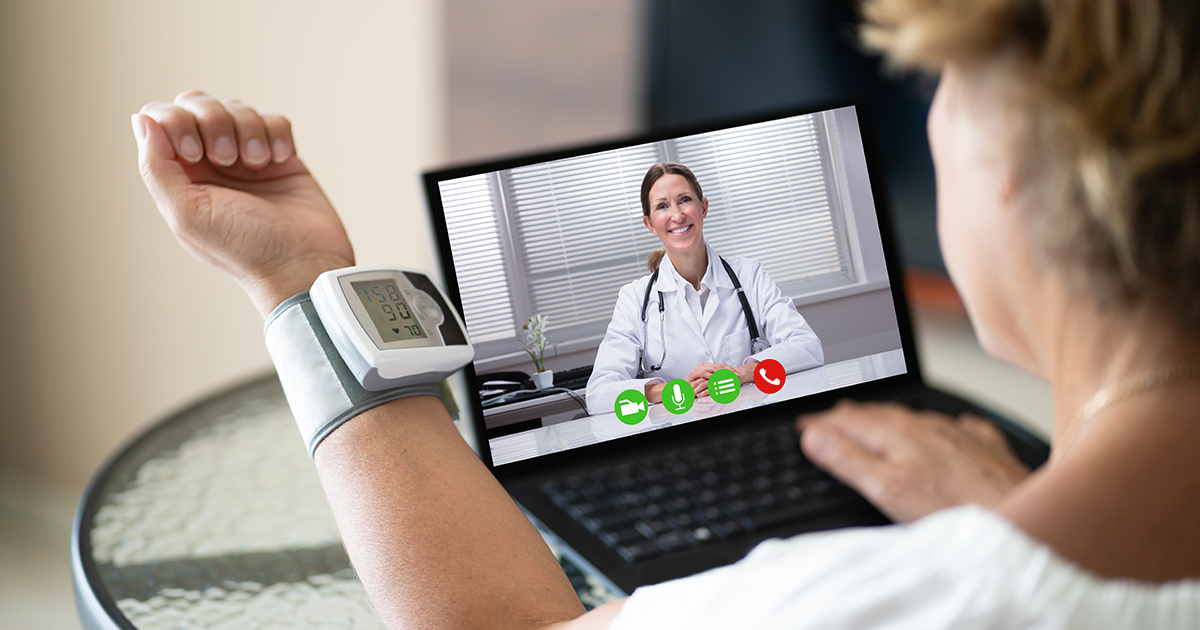Locum tenens work is a great opportunity for physicians to gain a flexible schedule and still make an impact on the lives of patients, but we often hear from locums clinicians that credentialing is difficult or frustrating.
The multi-step process of gathering and verifying practitioners’ qualifications is a prerequisite to obtaining clinical privileges that are required each time a clinician takes an assignment at a new facility. As a result, clinicians working locum tenens face challenges to meet the stringent vetting and credentialing standards on a regular basis. This can be a major burden for clinicians and often requires a considerable time expenditure. It’s important to minimize this friction and allow clinicians to do what they went to medical school for—to practice medicine, not stress over administrative processes.
That’s where my team comes in. We work with clinicians to make the process fast and easy. Here are 5 Ways to Improve the Clinician Credentialing Process.
Know What to Expect
There is a lot that goes into the credentialing process. By knowing what to expect and having your documentation in order, you will be able to breeze through the process instead of getting stuck in the minutia.
For documentation, you will need: Proof of training for both residency and fellowship, as well as your medical school diploma and board certifications. Make sure to have your medical licensures handy as well. Additionally, if you’ve had a name change at any point, you will need official documentation. Typically, you do not need to have hard copies of these documents. A scan or digital copy will work fine. You also need a headshot. It’s best to have a professional headshot, but a selfie will suffice as long as there is a plain background.
Have References Lined Up
References are important to the credentialing process. Locum tenens clinicians may require several references. It’s important to have these lined up or at least identified going into the credentialing process. This may sound like a huge hassle, but that’s where having a partner helps. We can jump in and make sure you have these lined up. Just give us the names and we’ll take care of the rest.
Use Technology to Speed Up the Process
LocumTenens.com has teamed up with Axuall, a workforce intelligence technology company, to add new levels of efficiency to the credentialing process. This new technology is still being implemented across LocumTenens.com, but we have already seen major improvements for clinicians. With Axuall, clinicians completed their portion of the credentialing process faster and were more satisfied with the experience. According to one of those clinicians: “It is 10 times easier than any other system I’ve ever worked with for credentialing. I was telling my wife that other hospitals need to adapt to the software.”
It's Not One-Size-Fits-All
Each facility is different. There are different credentialing departments with different requirements. This can be overwhelming for a clinician looking to work locum tenens. We know clinicians went to medical school to practice medicine, not spend their time shuffling through paperwork. My team steps in and does the research, alleviating the strain from the process to make sure clinicians are set up for success.
Clear Communication on Timing
Not only are requirements and processes different for each facility, but timelines also vary widely. While some departments can ensure a quick credentialing process, others require prodding to get a clinician through the process. Clinicians need a voice advocating for them to keep the process on time and on track. Along with that, clear communication about the reality of the process and how long it will take ensures clinicians are ready to practice when needed.
There is a lot that goes into the credentialing process. It can feel overwhelming for clinicians. That’s why it is important to find a trusted partner to take away the burden and simplify the process. LocumTenens.com CVO is accredited by NCQA, meaning we are nationally recognized for our quality standards and the ability to provide both clinicians and healthcare facilities with information to make informed decisions, empowering both to do what they do best, provide excellent patient care.
If you’d like more information about what goes on during the credentialing process, we have additional resources.

About the author
Brittany Griffith
Vice President, CVO/Licensing
Brittany joined LocumTenens.com in 2015 as a CVO Director. With a strong and extensive background in credentialing, privileging, risk management and NCQA, she was quickly promoted to Associate Vice President in 2017 and now serves as Vice President of the CVO and Licensing teams. Brittany is skilled in driving customer service improvements, increasing productivity and improving quality in a fast-paced environment. Prior to joining LocumTenens.com, Brittany worked for a non-profit for Multiple Sclerosis and taught English in South Korea. She eventually found a path to credentialing and has spent the last 10 years working within CVOs. Brittany graduated Magna Cum Laude from Southern Polytechnic State University with a Bachelor of Science degree in Business Administration with a concentration in Operations and Technology Management.





